South Africa's parliament votes in favor of downgrading ties with Israeli regime
South Africa's parliament votes in favor of downgrading the country's relations with the Israeli regime in solidarity with Palestinians.
The legislature voted on a relevant draft resolution on Tuesday, the London-based Middle East Eye news and analysis website reported.
The draft resolution had been introduced by the National Freedom Party (NFP) mandating the downgrading of the country's embassy in the occupied territories given the regime's ongoing abuses against Palestinians.
The NFP released a statement, saying such a move would have been supported by the country's late anti-apartheid leader Nelson Mandela.
"This is a moment [Mandela] would be proud of. He always said our freedom is incomplete without the freedom of Palestinians," read the statement.
The Israeli regime "was built through the displacement, murder, and maiming of Palestinians. And to maintain their grip on power, they have instituted apartheid to control and manage Palestinians," the statement noted.
"As South Africans, we refuse to stand by while apartheid is being perpetrated again."
The Israeli regime claimed existence in 1948 after occupying huge swathes of Palestinian territories during a Western-backed war.
It occupied more land, namely the West Bank, including East al-Quds, and the Gaza Strip, in another such war in 1967. The regime withdrew from Gaza in 2005, but has been keeping the coastal sliver under routine deadly attacks and a crippling siege.
Ever since 1967, Tel Aviv has built hundreds of settlements upon the overrun territories and deployed the most aggressive restrictions on the movements of Palestinians there.
South Africa established close ties with the Israeli regime during the apartheid era, but after the collapse of the discriminatory system, the African country began to lean towards Palestine.
In 2019, South Africa downgraded its relations with Tel Aviv in reaction to the regime's deadly atrocities against the people of Gaza. The move saw Pretoria demoting its diplomatic mission in the occupied territories into a liaison office with limited functionality, returning its ambassador, and refusing to send the envoy back for four months.
In February, South African Foreign Minister Naledi Pandor expressed hope for a "direct action" against the regime in Tel Aviv for its "well-documented apartheid practices."
Also last month, South Africa’s governing African National Congress party welcomed the "encouraging" expulsion of a senior Israeli diplomat from the African Union (AU) summit in Addis Ababa.
The incident saw an Israeli observer delegation at the African Union summit in the Ethiopian capital being expelled from the opening ceremony after representatives from South Africa and Algeria reportedly objected to the presence of diplomats from the apartheid Tel Aviv regime in the event.
The Israeli regime showed a fiery reaction to the incident that has gone viral across social media showing security guards approaching the Israeli delegates and escorting them out after several minutes of argument.
The regime accused what it called a "small number of extremist states like Algeria and South Africa" of being behind the move.
South Africa, however, roundly rejected the claim, saying Tel Aviv's application for observer status at the AU had not been decided upon by the bloc.
"Until the AU takes a decision on whether to grant Israel observer status," it cannot have the regime "sitting and observing," Clayson Monyela, head of the public diplomacy in South Africa's Department of International Relations and Cooperation, told Reuters at the time.
"So, it's not about South Africa or Algeria, it's an issue of principle," he added.
The African Union later said Israel's observer status at the 55-nation bloc had been suspended, adding that the regime had not been invited to the union's summit from which its delegation was kicked out.
China ‘firmly opposes’ US military aid to Taiwan
VIDEO | Press TV's News Headlines
President Yoon Suk Yeol to be removed from office
At least 19 Gazans killed by Israeli airstrikes since dawn: Medics
Leader: Iran neither has nor needs proxy forces
US fighter aircraft shot down ‘in friendly fire’ amid aggression on Yemen
Yemeni FM: Israel’s sponsors accountable for ongoing aggression on Sana’a
Eight Palestinians killed as Israel attacks Gaza school, hospitals


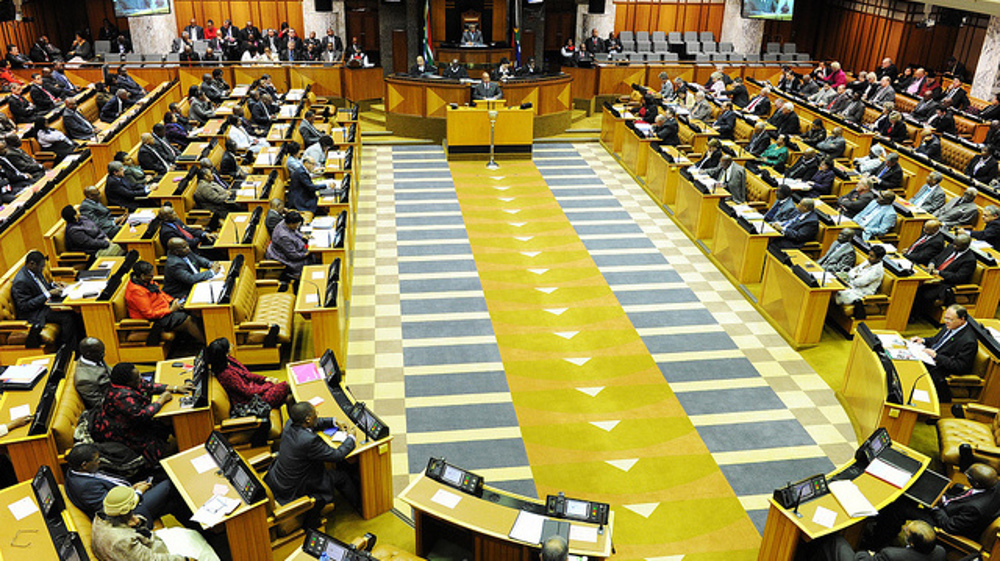
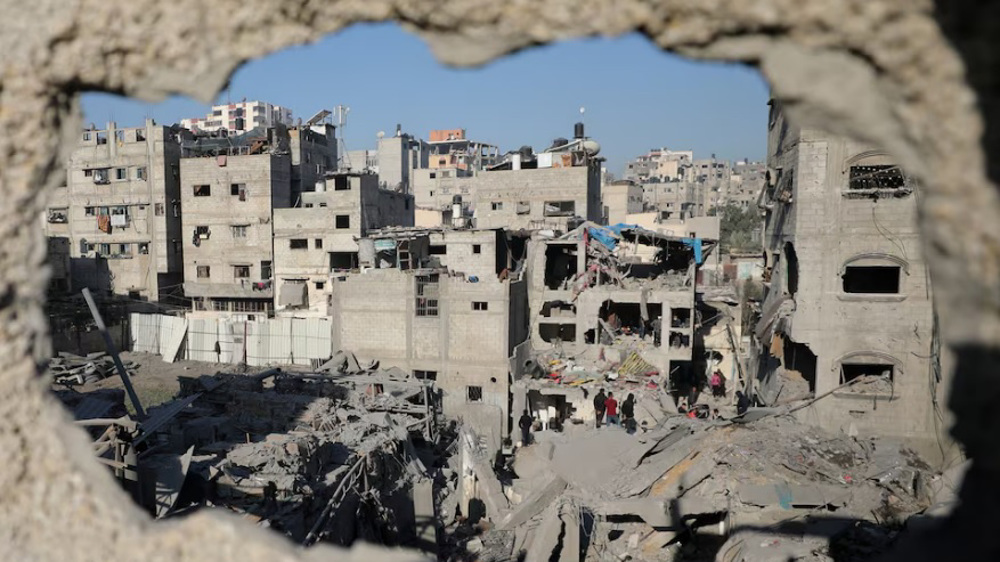
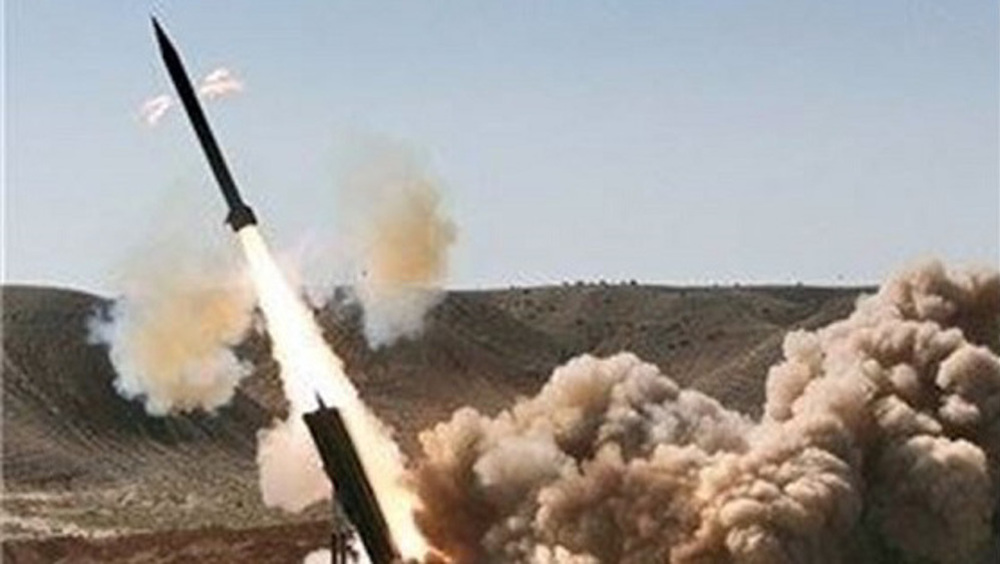
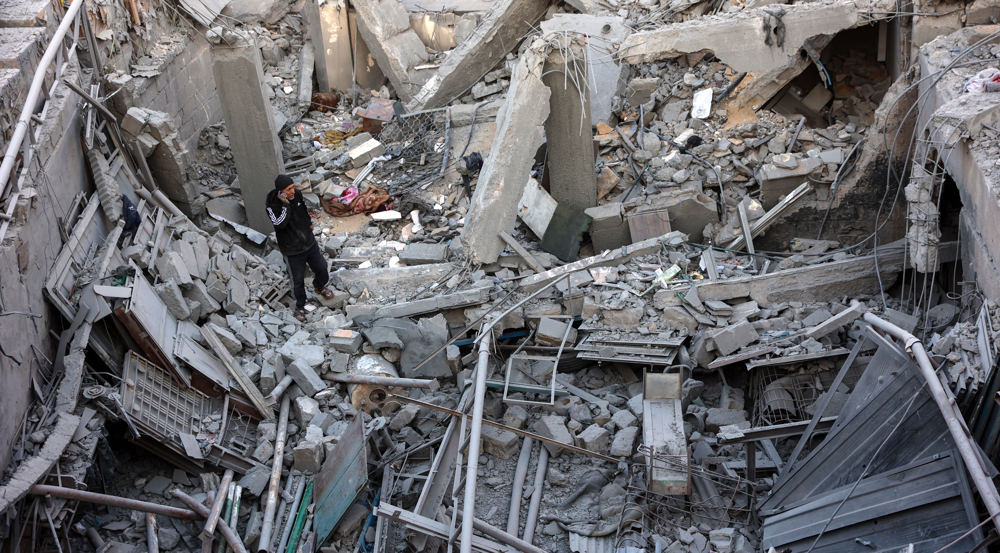



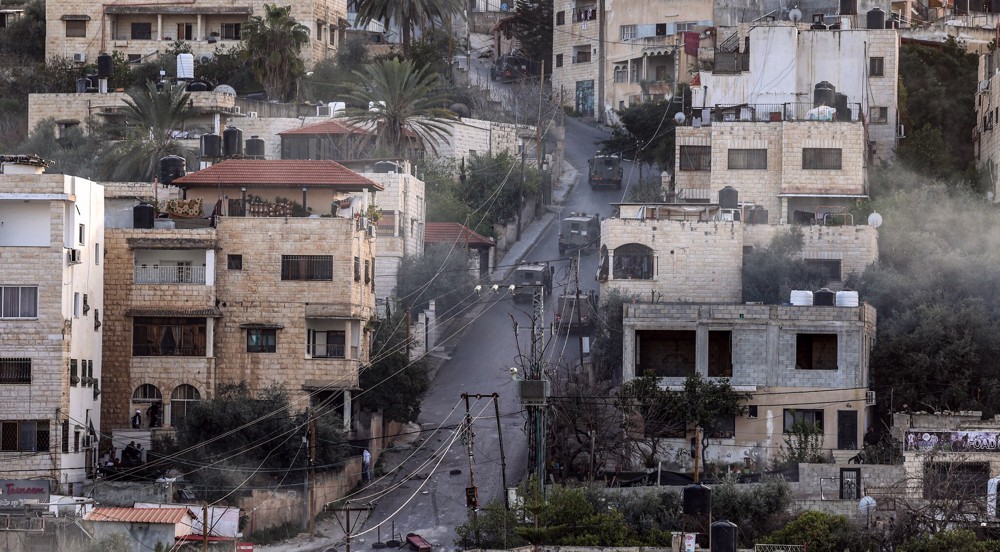

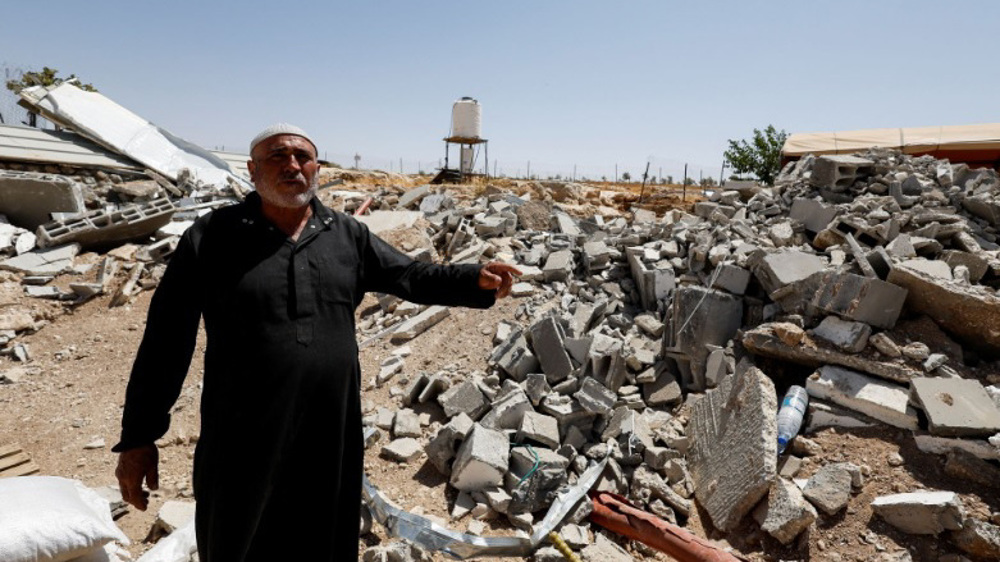

 This makes it easy to access the Press TV website
This makes it easy to access the Press TV website